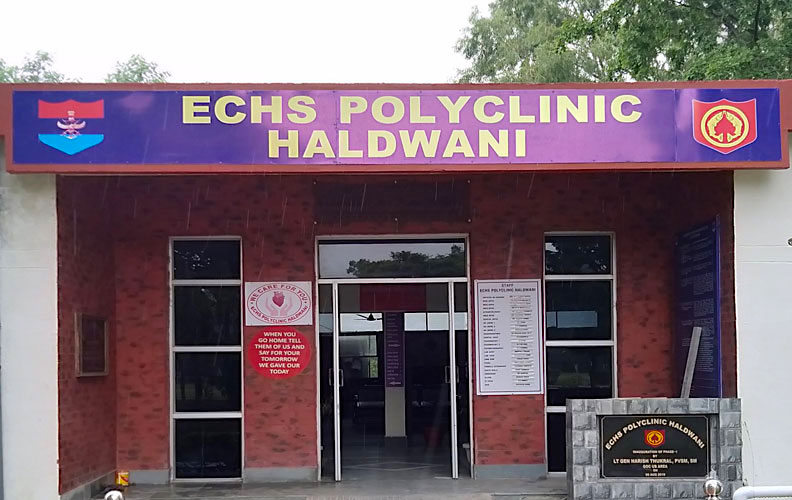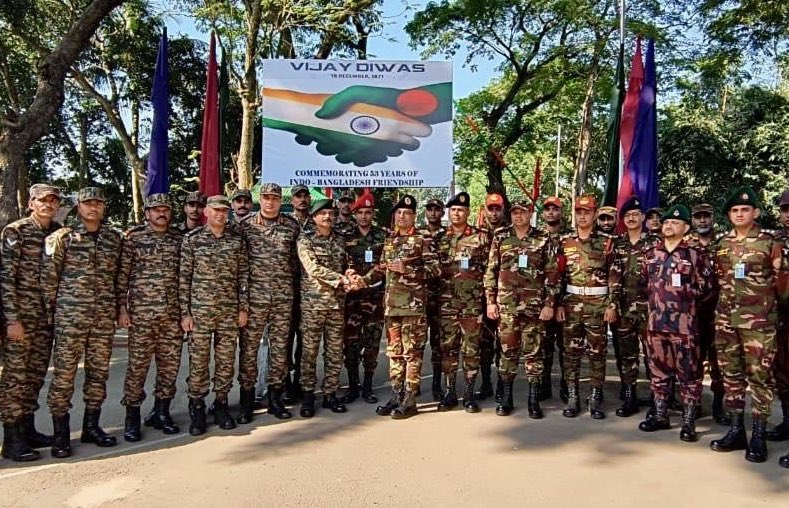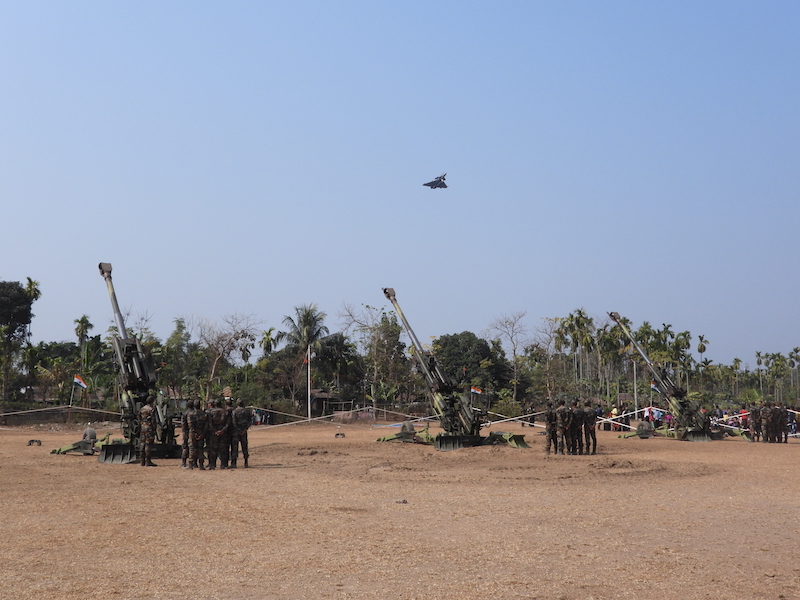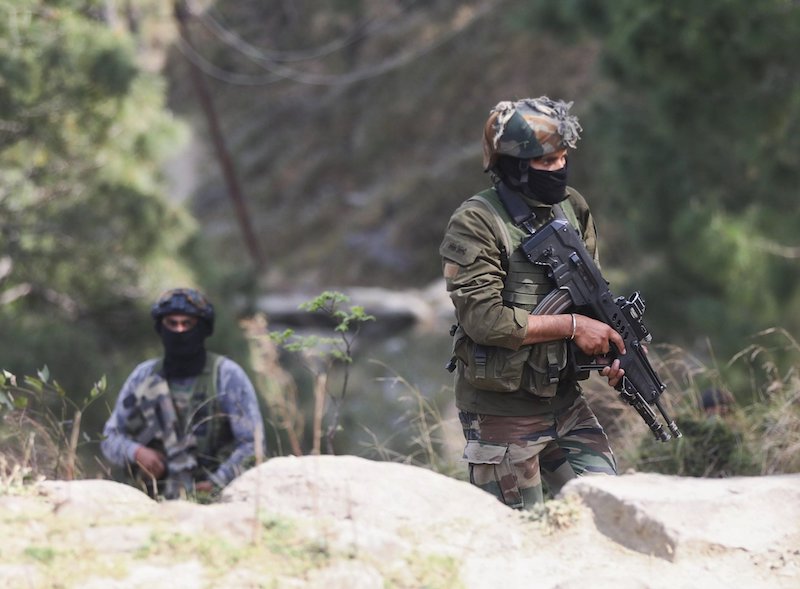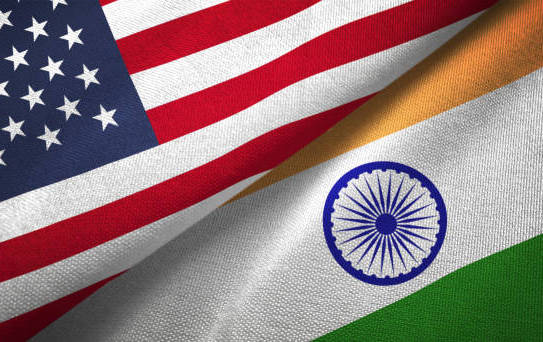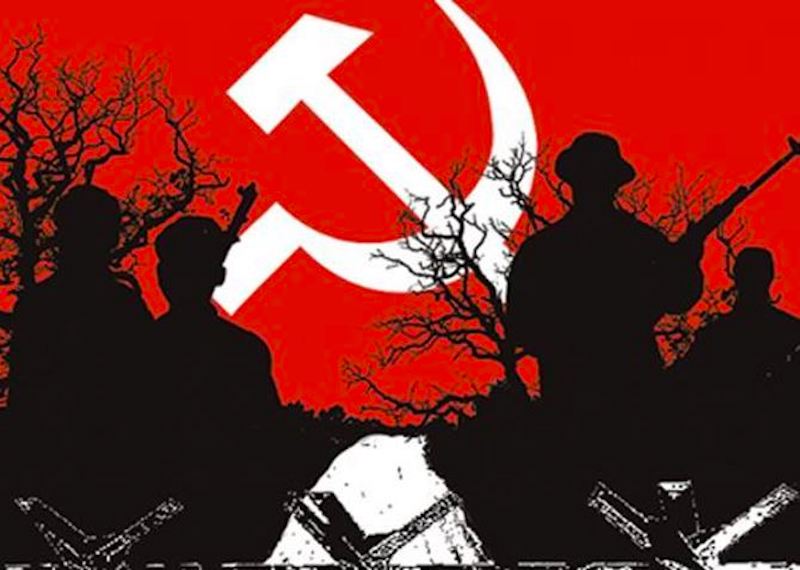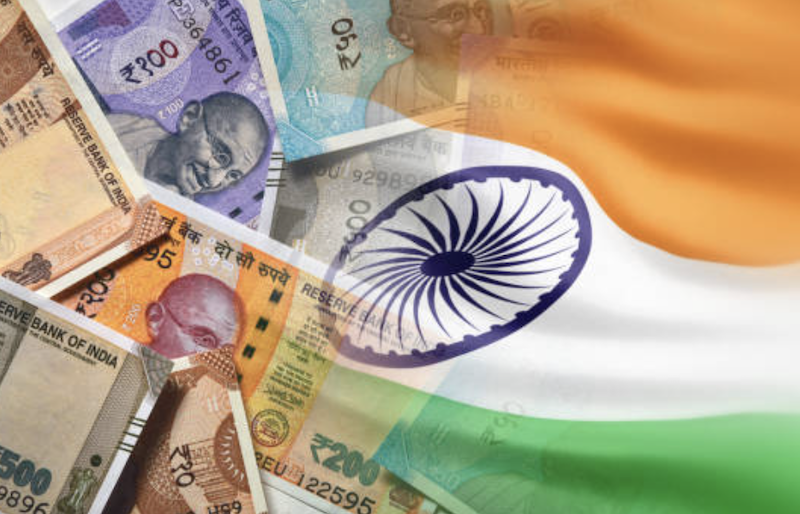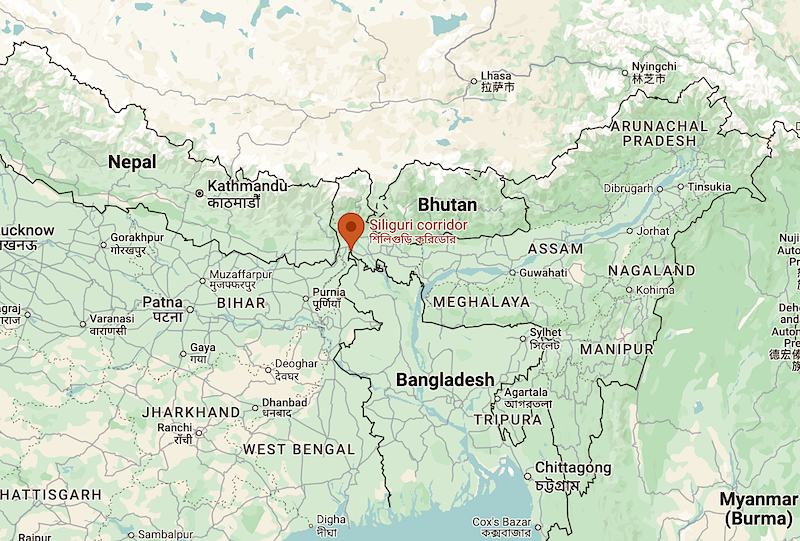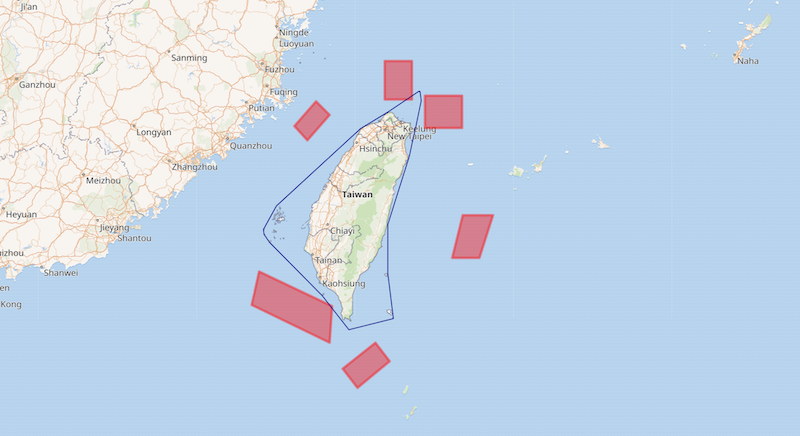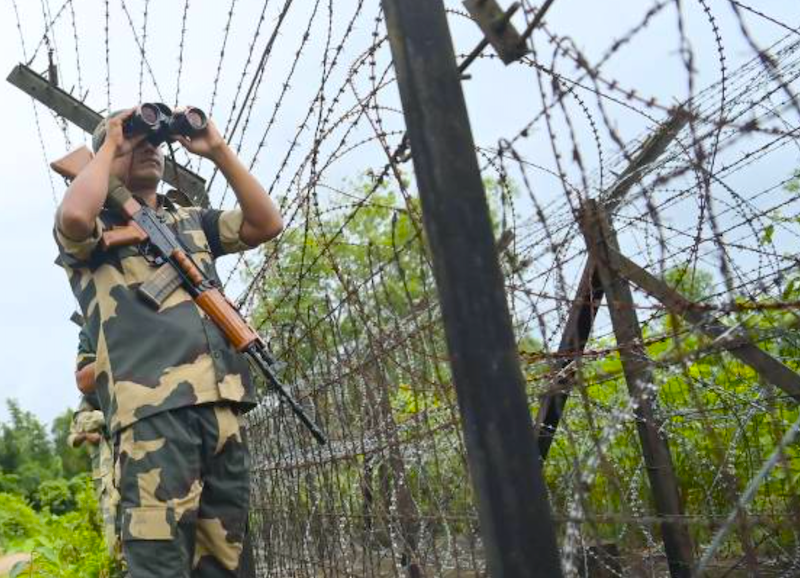
The dictionaries describe the “deep state” as a large group of people comprising typically members of government agencies and the military with long-term agendas and goals through secret manipulation or control of government policy through potential unauthorized networks, which is difficult for the government of the day to counter. A deep state may potentially include rogue elements among organs of state.
The intent of a deep state can include continuity of the state itself, job security, enhanced power and authority, and the pursuit of ideological or pragmatic objectives. It can operate in opposition to the agenda of elected officials, by obstructing, resisting, and subverting their policies, conditions, and directives. Conspiracy theories of a secret government typically go far beyond these verifiable agencies and posit actions by more obscure bodies.
In Pakistan, the deep state has been in existence ever since the country’s birth as an independent nation state. Because of multiple factors that prevailed during Pakistan’s infancy, the deep state in the country found a favourable environment that supported its origin and growth intimately. Therefore, for Pakistan to evolved as a responsible nation state in the world of “rules-based international order”, the world has to collectively discharge its responsibility in addressing the deep state in the country, which is also called as the “Establishment, in an organized manner based on honesty, sincerity and sense of genuine purpose. Otherwise, if the issue is not addressed with some urgency, the current designs of Pakistan’s deep state is enough to cripple the global order with terrorism, drugs, and more importantly, being a client state of China.
Pakistan, which is India’s western neighbour, is strategically located in the crossroads of Asia with China as its neighbour in the northeast, with a 596km border; India in the east, with a 3,323km border; a 1,146km coastline in the south; Iran to the west, with 959-km border; and Afghanistan to the northwest, with 2,430km border. It has four provinces – Balochistan , Punjab, Sindh and Khyber Pakhtunkhwa. Additionally, it has the federally administered Islamabad Capital Territory. The federally administered Gilgit-Baltistan has been reported to have been given the status of a full province in November 2020. Gilgit-Baltistan is also claimed by India as part of Jammu & Kashmir besides the Azad Jammu & Kashmir part. India calls these two parts “Pakistan-occupied Kashmir).
Pakistan is a junction of South Asia, West Asia, and Central Asia, and is away from resource-efficient countries to resource-deficient countries. Being the gateway to Central Asia and a suitable route of access of world powers into land-locked Afghanistan, the geography of Pakistan suffered from the side effects of the “Golden Crescent”, “New Great Game” and the “Global War on Terrorism”. Pakistan also happens to be the second country that was founded on the basis of religion – the first being Israel, which was founded in the name of Judaism. For Pakistan, it was Islam.
As a middle power, Pakistan has the sixth-largest standing armed forces in the world and is also a declared nuclear-weapon state, the second in South Asia and the only nation in the Muslim world to have that status. Pakistan is affected by internal instability and deep-rooted radicalization of society reflected by the high levels of sectarian and terrorist violence. Their complicity in supporting the Taliban and Haqqani Network in Afghanistan has resulted in the spread of Islamist radicalization and terrorism not just in South Asia, but much beyond. The ominous presence of Tehrik-e-Taliban Pakistan (TTP), which has ramped up attacks in Pakistan, is the biggest danger to the country. According to the Islamabad-based Pakistan Institute for Conflict and Security Studies, more than 400 Pakistanis have been killed in TTP terror attacks since January 2021, including over 150 troops. It would be interesting to note that out of 67 active terrorist groups in the world that the US-based thinktank Center for Strategic and International Studies estimated in 2018, Pakistan is home to at least 12 groups, including five of them being India-centric like Lashkar-e-Taiba (LeT) and Jaish-e-Muhammed (JeM). This is also corroborated by the latest US congressional report on terrorism.
A land of several ancient cultures, Pakistan's creation as a separate independent country was spurred by the Pakistan Movement during the British Raj. The movement sought a separate homeland for the Muslims of British India and the All India Muslim League’s election victories in 1946. Pakistan gained independence in 1947 after the partition of the British India, which awarded separate statehood to its Muslim majority region and was accompanied by an unparalleled mass migration and loss of life.
Pakistan has witnessed nothing but turmoil in its political climate since its independence. The Pakistan army has constantly meddled in its national politics wherein Frankensteins have been created to deliver justice with political biases. The same is highlighted by the fact that Pakistan has had a history of successful military coups, including the ones 1953, 1958, 1977 and 1999. The 1953 coup is called a “constitutional coup” because the then governor general, Ghulam Mohammad, dismissed the government of the-then prime minister, Khawaja Nazimuddin despite the Nazimuddin enjoying the support of the country’s Constituent Assembly. This provided a pattern which led more open military intervention against elected governments to be justified under the “Doctrine of Necessity”. Policymakers have been hostage to the favours by the Pakistan army as substantiated by the pre-decided general election of July 25, 2018, to ensure that the puppet government of the current prime minister, Imran Khan Niazi, played second fiddle to the army.
As of today, the Pakistan army controls the ruling government and the nuclear weapons. If any civil government in Pakistan tries to cross the red line drawn by the deep state on any issue, it is branded as “rebellion”. The Pakistan army, which is the country’s deep state, uses the pretext of national security and patriotism to sustain its influence. It is the typical deep state, albeit with unbridled powers, that would never let a civilian government assert or strengthen its position.
Therefore, it is evident that the weak and unstable governments, which Pakistan always had ever since it was born as a nation state, suited the deep state’s continued hold on the country’s matters. The same was supported by the fragile position of political parties, and their inability to provide good governance. Also, the political parties were deeply involved in corruption, nepotism, and abuse of authority, which weakened democracy in the country.
Another important issue which supported the deep state in Pakistan and continues to do so is the presence of China, a big power, as its neighbour. As a strategy, Beijing exploited the opportunity to keep Pakistan weak and subservient with its long-term geopolitical objectives, like to keep India engaged to it while it salami-slices India’s territories in the Himalayas.
All these factors made the Pakistan army, which runs the Inter-Services Intelligence, the most powerful “deep state” in the world – whose writ is final and binding.
***
This had severe consequences for India. The Pakistan army supported, funded, armed, and trained anti-India insurgent and terrorist groups, like the Khalistan movement and the militancy in Kashmir to terror attacks all over the country from the 1970s.
Today, Pakistan is obsessed with wresting the erstwhile state of J&K, especially after losing East Pakistan in the 1971 Bangladesh Liberation War to the Indian military and the India-trained Mukti Bahini guerrillas. However, having failed miserably in all its attempts in the past has frustrated Pakistan's deep state no end. Unable to reconcile with the normalcy returning slowly but surely back to the now-Union territory of J&K because of strong Indian resolve, The Resistance Force (TRF), an offshoot of Pakistan-based terror outfit LeT, has resorted to selective killings of non-Kashmiris and the minorities in the Kashmir valley in sheer frustration. [Note: TRF is LeT with a different name because Pakistan wants to avoid scrutiny and continuous monitoring of the Financial Action Task Force (FATF) that has already put the country in its “grey list” for having failed to curb terror financing of the United Nations-proscribed terrorists and terror groups.]
The sudden spike in the fatalities of civilians and security forces reflects the frustration of the Pakistani deep state. The dramatic escalation in terrorist strikes in the valley is seen as the deep state’s desperate attempt to push J&K back to the 1990s, which saw the height of militancy and instability in the erstwhile state.
Although it is extremely painful and unforgivable for India, a deeper analysis suggests that there has been a “de-escalation” in violence after the Taliban’s victory in Afghanistan and their capture of Kabul on August 15, 2021. This is also supported by various data from the Institute of Conflict Management and South Asia Terrorism portal as also the India Foundation for the above period.
In the backdrop of the discourse having shifted to development with decline in infiltration across the line of control (LOC), the strength of the terrorists having reduced to between 150-200 in J&K post-abrogation of 35A through the provisions on Article 370, the malefactors across the border have not only been flummoxed but also have, in sheer despair and frustration, taken recourse to “hybrid terrorism” to create communal strife and instil a sense of fear among the minorities in the Muslim-majority Union territory.
Apart from India, Pakistan fully backs the Taliban, a terrorist group that is in power in Afghanistan today. We must not forget how Taliban hosted the al-Qaida, which went on to carry out spectacular terror attacks around the world and created affiliates in the Middle East, Southeast Asia, and Africa.
***
At the time of Partition, the Pakistan dilemma on national security was based on the fear of a much larger India. The legacy of the deep state in Pakistan can be linked to a few significant factors as covered by Dr Jyoti M Pathania in the article “Deep State Legacy: Pakistan” in a Center for Land Warfare Studies (CLAWS) publication, on March 31, 2019 .
Pathania lists mainly five major factors. They are:
1. The Government of India Act, 1935, and the Indian Independence Act, 1947, during the British Raj had strong centralizing tendencies, like the governor general had emergency powers, which included the power to appoint and dismiss the ministers at his own discretion. This learning was imbibed and subsequently practiced by the political elites on many occasions.
2. Initially, the Muslim League was represented by a small group consisting of landowning and educated middle class. They were not able to mobilize the larger community until the mid-1940s. After gaining independence, Muhammad Ali Jinnah and Liaquat Ali khan didn’t allow any Muslim League party worker to be a minister fearing that it might lead to divisive party activities. This nearly suffocated the grassroots activism of the party and the power structure that emerged encouraged the Muslim League’s leaders to indulge in court politics and factional battles.
3. Pathania takes note of American political scientist and South Asia observer Christine Fair’s argument that after the violent and tumultuous partition that created Pakistan, the new state’s institutions were weak, thinly staffed and based in a city (Karachi, Pakistan’s first capital) that had no history as a locus of government. Pathania also notes Fair’s observation that many Pakistanis continue to believe that India doesn’t accept Pakistan as a separate state and seeks to reabsorb despite India’s full recognition of the country and the validity of Jinnah’s rule there.
4. Pathania says Pakistan’s leadership crisis can also be blamed for the political instability and chaos soon after the country’s independence following Jinnah’s untimely death on September 11, 1948, as well as the assassination of Liaquat Ali Khan on October 16, 1951. She observes that no consensus emerged on the idea of Pakistan until one was imposed by the deep state – the Pakistan army-dominated military. The-then commander in chief, General Ayub Khan, exploited the vacuum and imposed the first Martial Law in 1958. As a result of this, it set a precedent for the military inroads to the political domain.
5. Pathania also observes that since Pakistan gained independence as a separate nation state, it has been suffering from the feeling of “vulnerability” as well as inferiority complex vis-à-vis India. The Pakistani leadership invest heavily into defence at the cost of other institutions because it felt that the partition will be undone by India for a range of reasons, like the first war with India in 1948, internal discord between provinces in the country, etc. As a result, the process of state-building exercise, national security was given priority over civil liberties and rights of its citizens.
Today, Pakistan’s deep state has elements of bureaucracy, judiciary, and political parties in its network. This has ensured that the deep state, with the army in the driver’s seat, remains the sole guardian of the country calling all the shots and the so-called elected civilian government remains a façade before the world to claim the country is a democratic nation.
As things have shaped up now, unless something revolutionary comes about with collective efforts of the global order, Pakistan and its citizens will remain caught in the trap of their own making. If the status quo doesn’t change, the future will inevitably bring disastrous consequences not just for Pakistan and Pakistanis, not just for the region, but the entire world.
Disclaimer: The views expressed in the article are the author’s own and don’t necessarily reflect the views of India Sentinels.
© India Sentinels 2021-22

